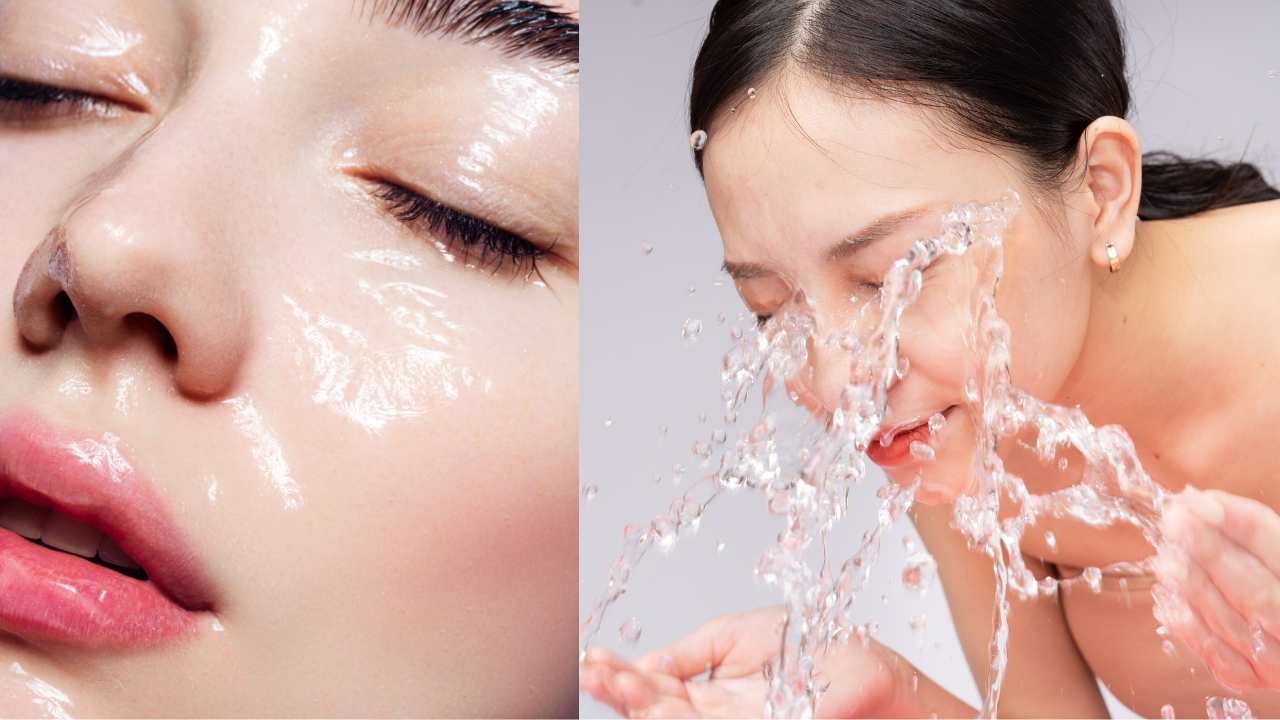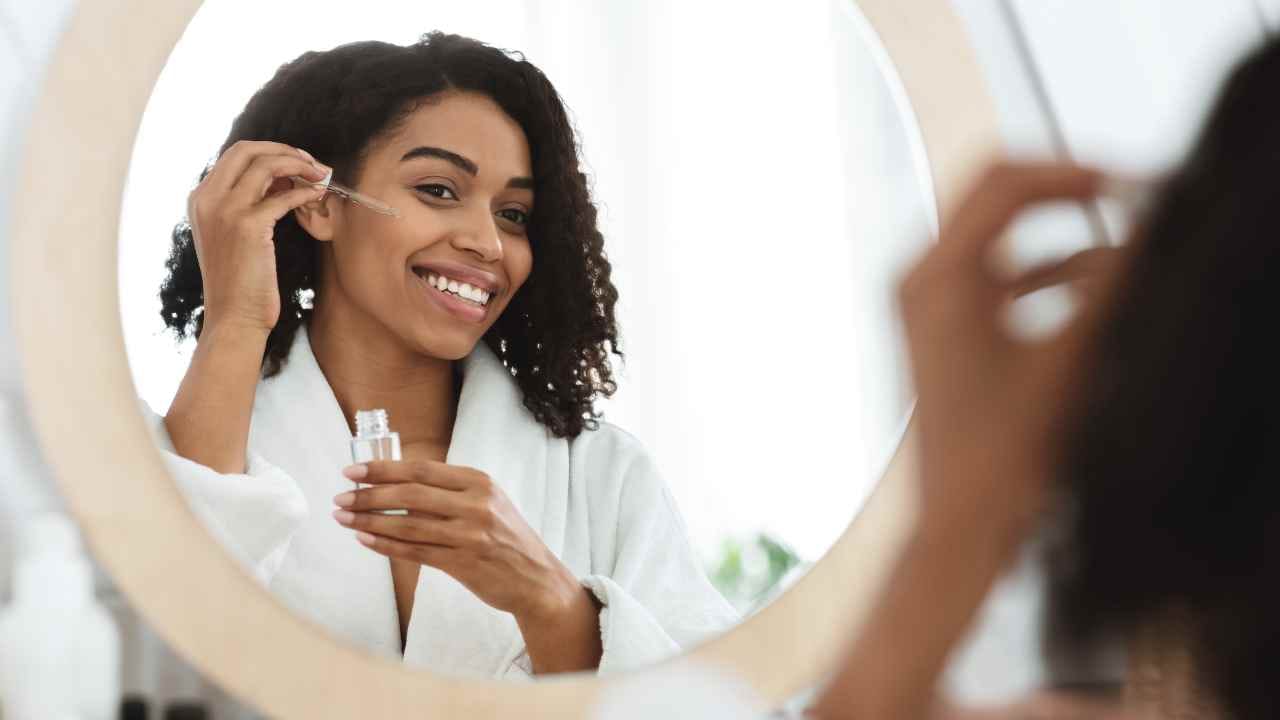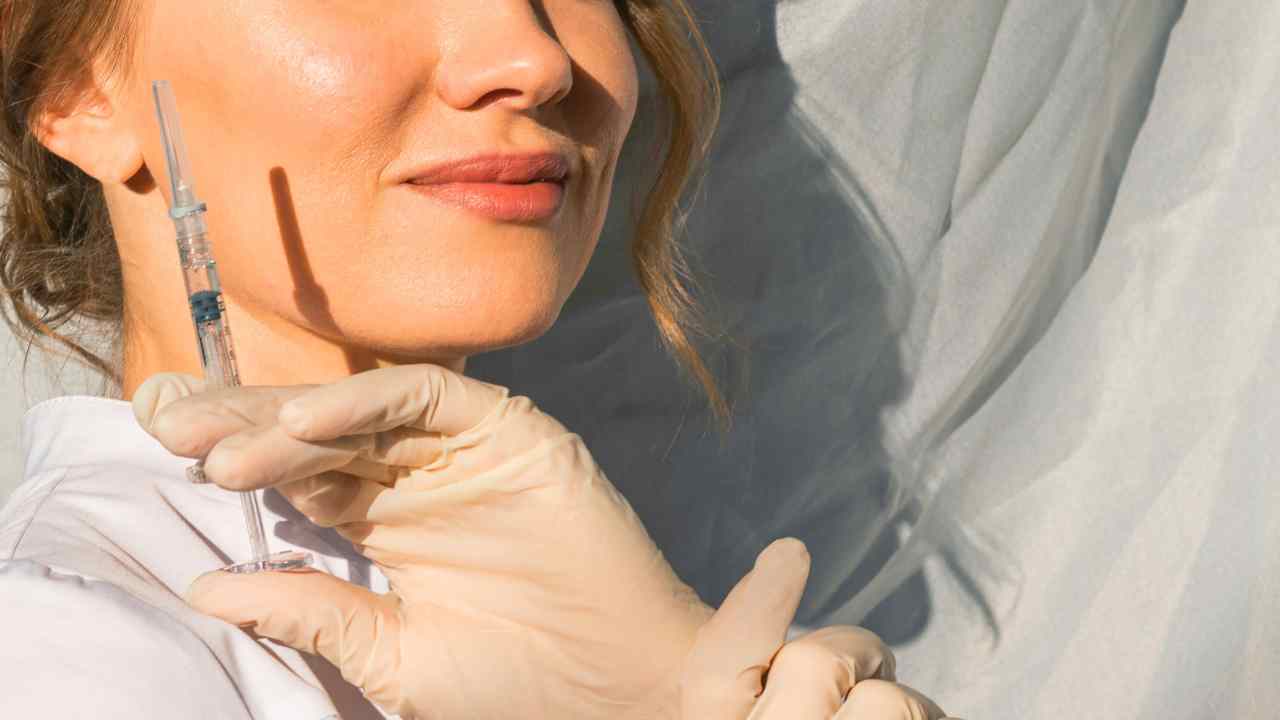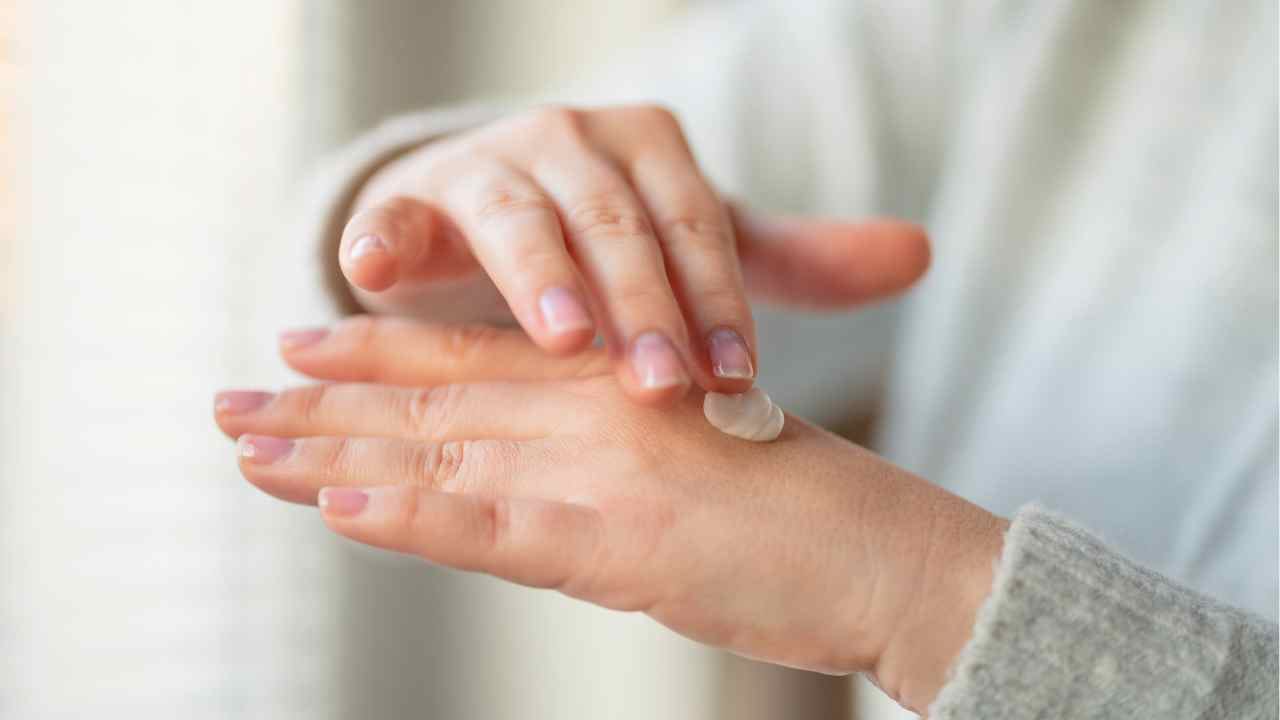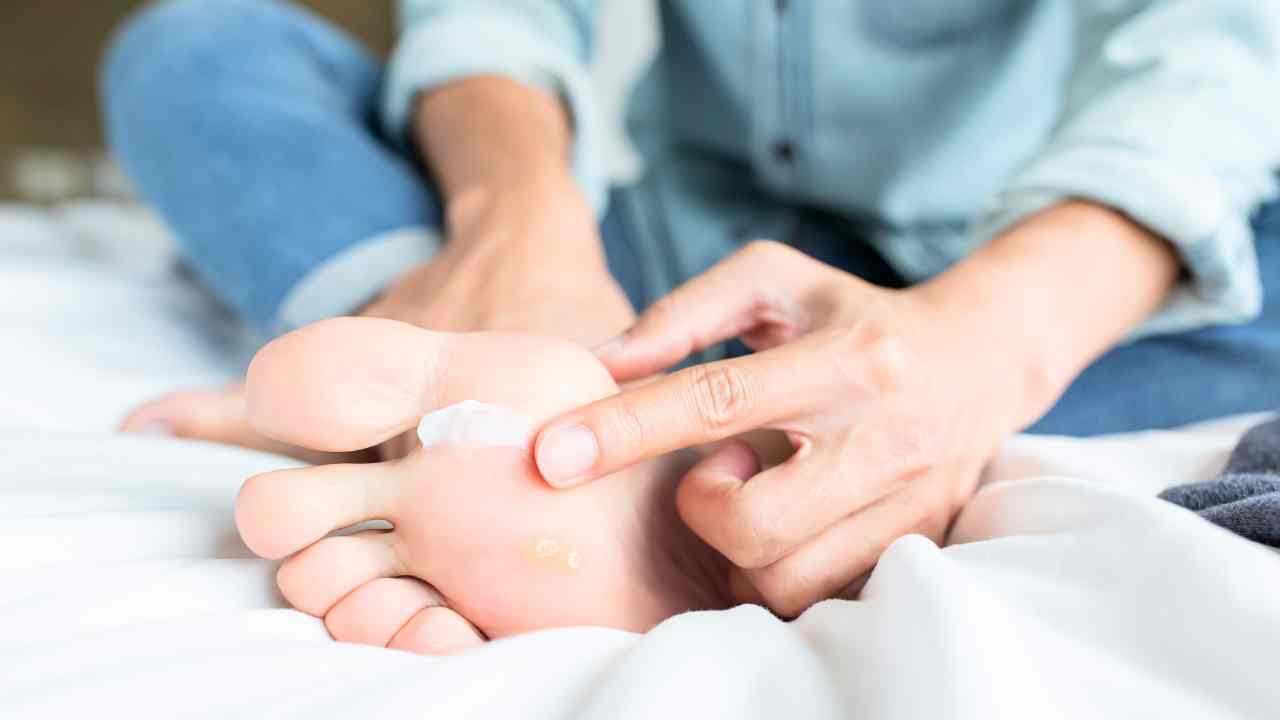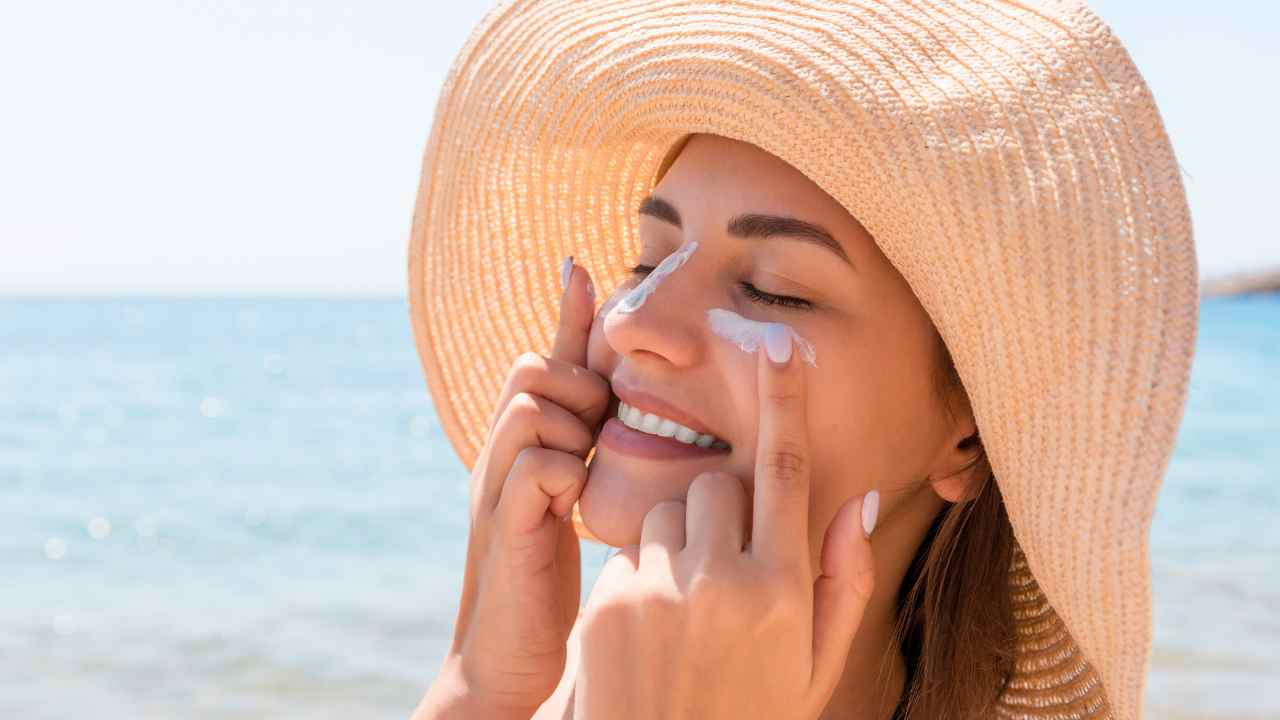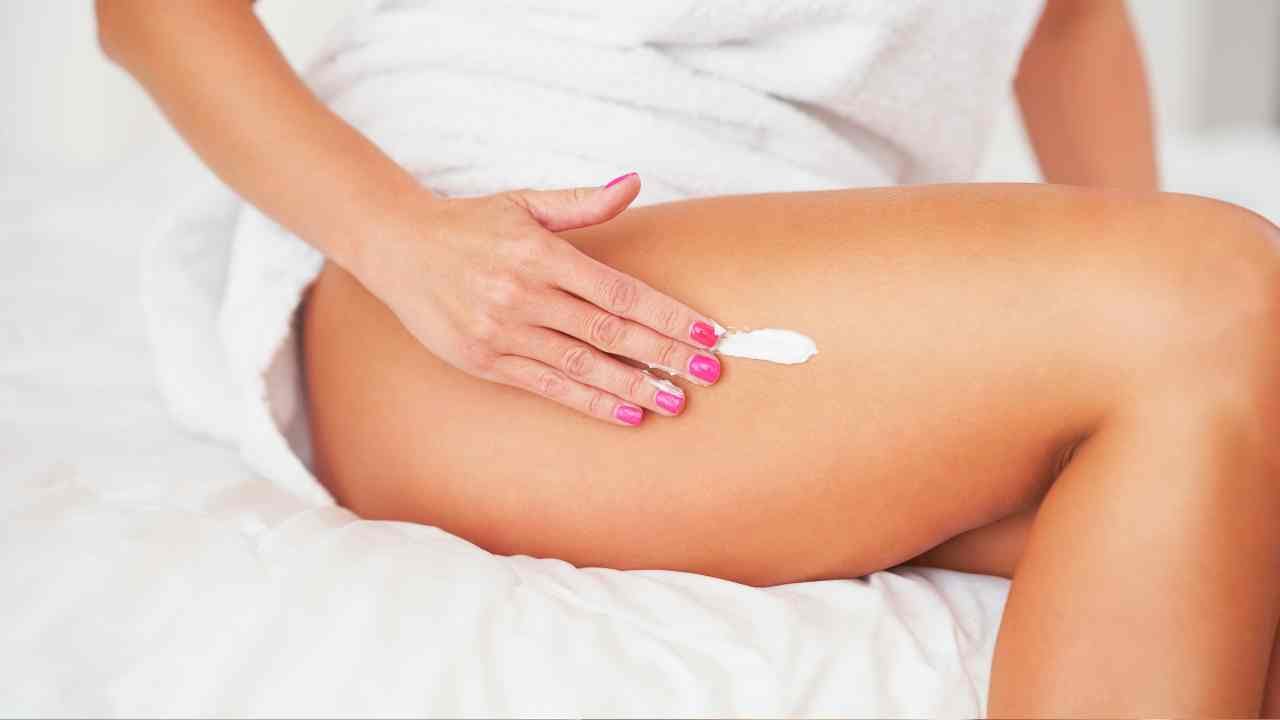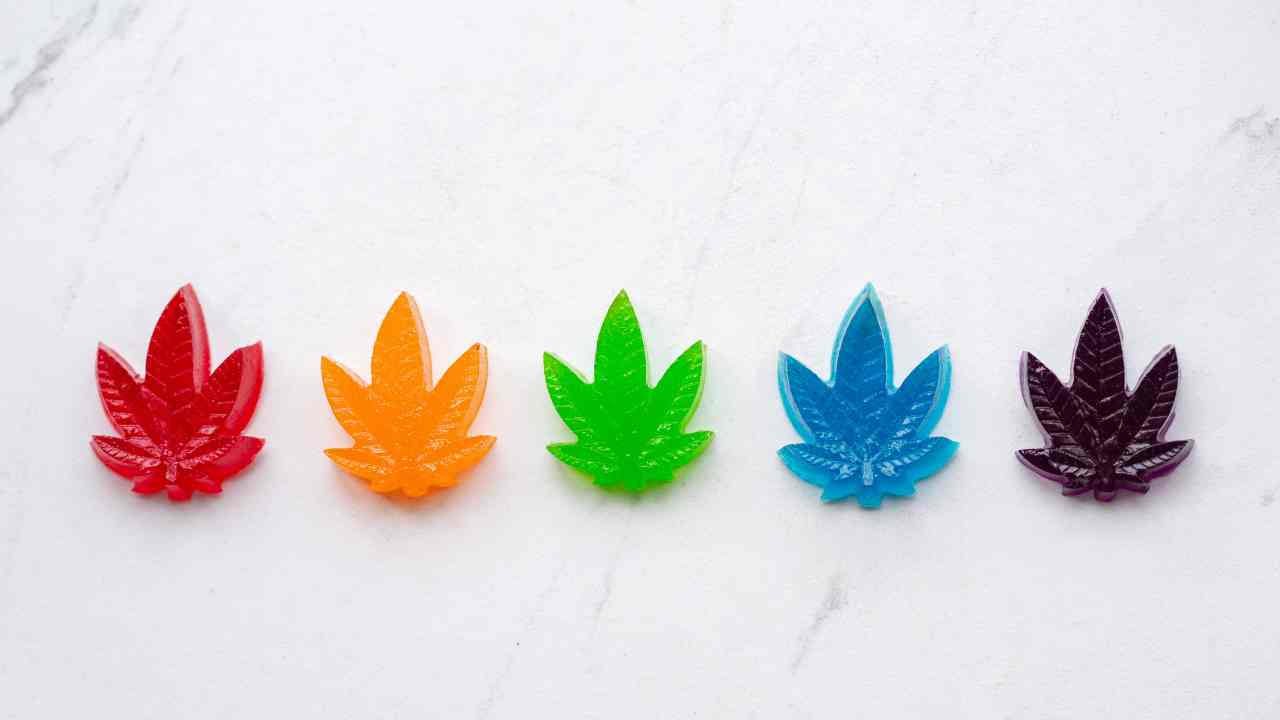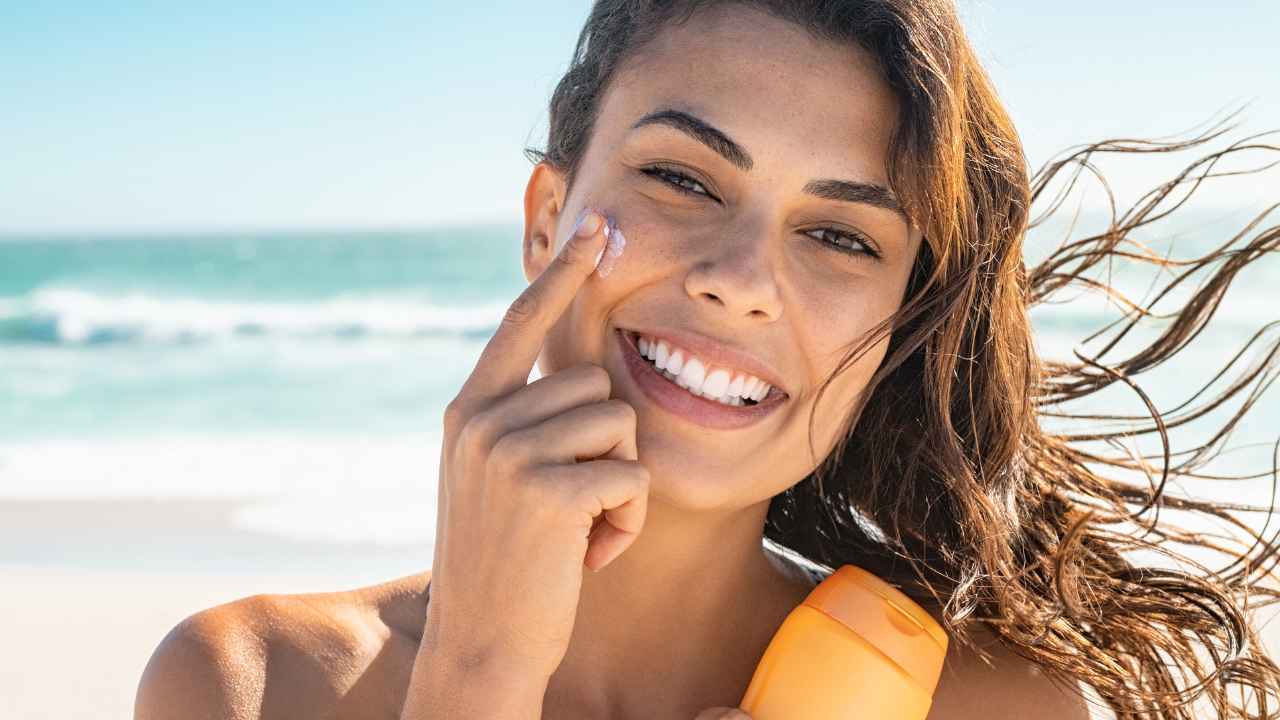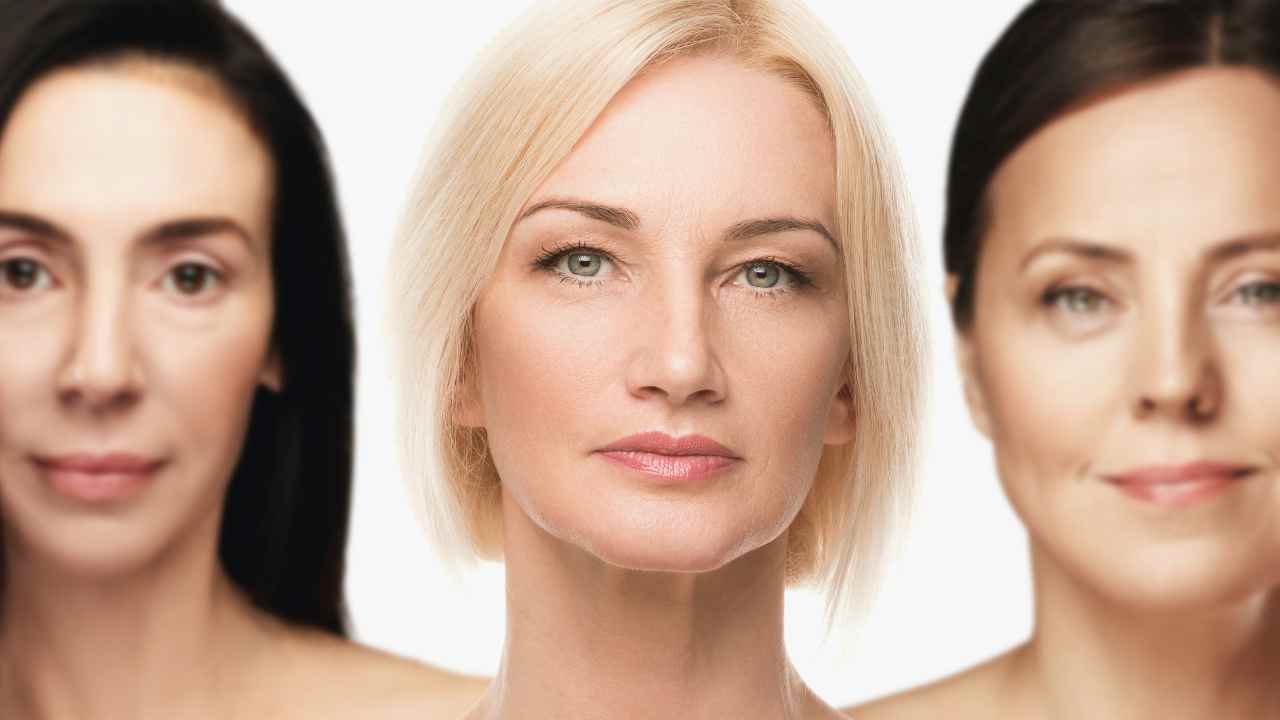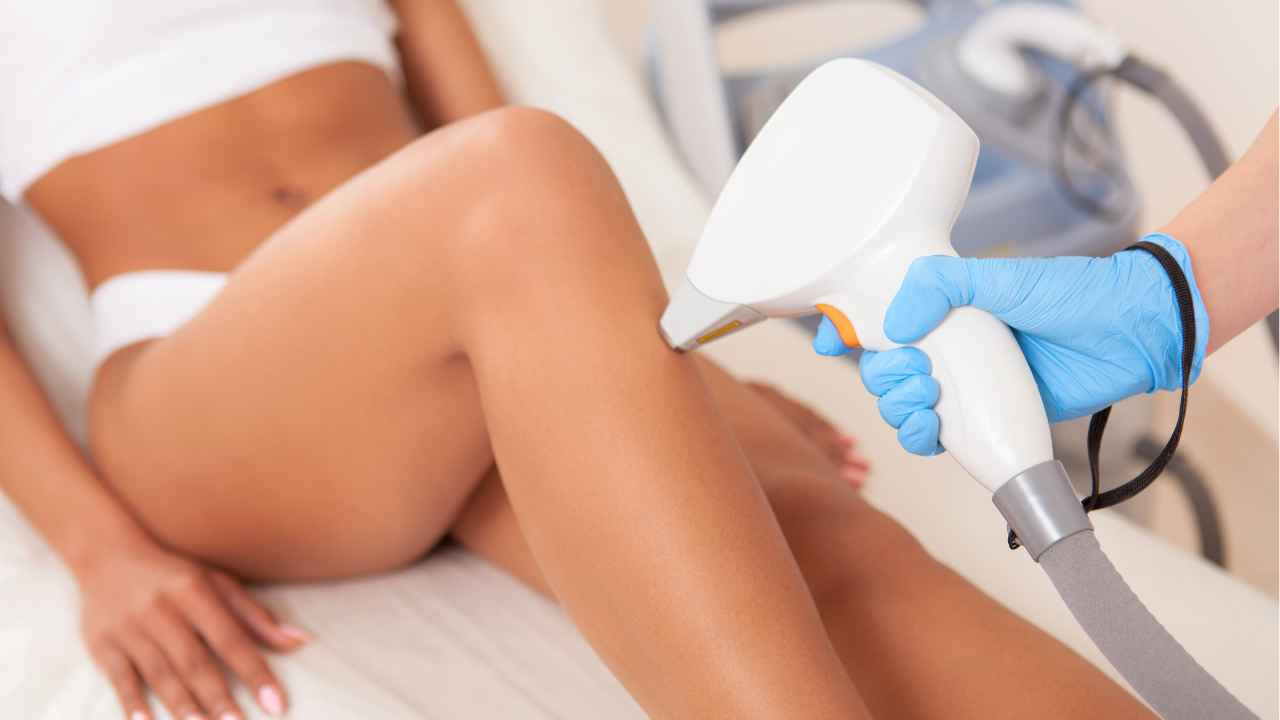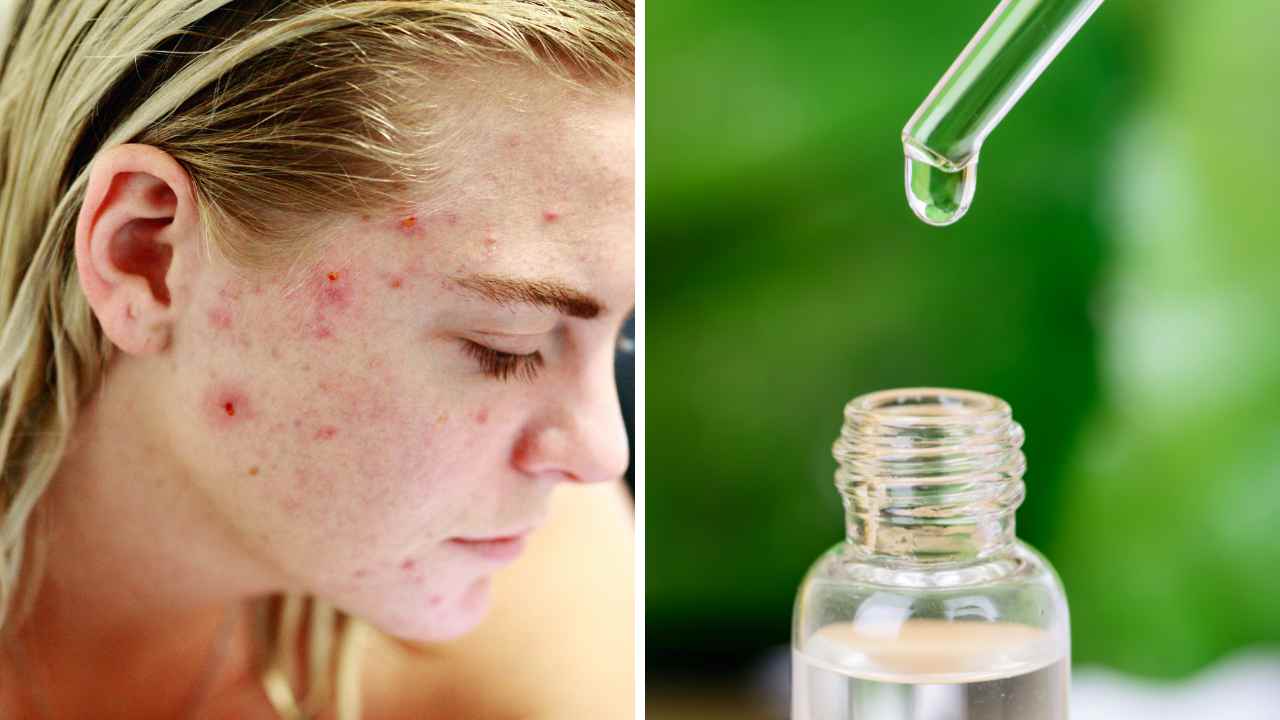
Does Niacinamide Help with Acne? The Science Behind It!
If you have oily skin, large pores, and are constantly battling breakouts, it can feel like an eternal uphill battle trying to clear up your complexion.
But don't despair just yet! There may be hope on the horizon in the form of niacinamide.
Despite its tongue-twisting name, this skincare ingredient has been making big waves in the world of acne treatments and rosacea treatment due to its proven ability to reduce inflammation and improve overall skin health.
In this post we'll take a detailed look into what topical niacinamide (or oral niacinamide supplements) is and how it works as well as explore recent scientific studies that show why it's such an effective acne fighter.
So if you're ready to dive deep into understanding everything there is to know about using niacinamide for treating acne, then let's get started!
What Causes Acne?
Ack! Nothing ruins your day like waking up to a face full of acne. But have no fear – we know why it’s happening and how to fix it.
Acne happens when the hair follicles in our skin become clogged with oil, dead skin cells and bacteria, leading to skin irritation, swelling and redness.
This usually occurs when excessive oil production (sebum) is stimulated by hormonal imbalances during puberty or times of high stress, which create an ideal breeding ground for bacteria growth as well as allowing excess oils and dead skin cells to accumulate causing clogged pores.
There are factors that make this process even worse. You may have heard them before, but here is a reminder.
First, not regularly washing your face (which helps clear out any extra dirt and oil) can cause acne. Eating particular foods such as sugar or dairy can also trigger a breakout. Not getting enough sleep or exercise can all exacerbate acne symptoms due to hormone imbalances they bring on.
And hormonal birth control can also increase sebum production so you may want to talk with your doctor about other potential options if this is a concern for you.
What are Traditional Treatments for Acne?
Although there’s no singular cure-all solution that works to treat acne (everyone’s bodies are different!), having an active skincare regimen will go a long way in helping manage those unpleasant breakouts.
Drinking lots of water throughout the day helps flush toxins from the body which can minimize inflammation too – bonus points if you top it off with some green tea!
Use a cleanser that doesn't disrupt the natural pH balance of your skin and exfoliate with chemical ingredients such as salicylic acid and topical treatments containing benzoyl peroxide or retinols such as Tretinoin. These can help keep breakouts at bay over time - just be sure not overdo it!
If you don't want to put harsh chemicals on your skin, no problem. This is where niacinamide comes in. Let's take a look at how this ingredient works and what it could possibly do for your skin.
Understanding Niacinamide
Niacinamide, also known as vitamin B3, is a water-soluble vitamin that offers a range of benefits for the skin.
It has been extensively studied and recognized for its potential in treating various skin conditions, including acne.
Niacinamide serum possesses anti-inflammatory, sebum-regulating, and barrier-enhancing properties, making it an excellent addition to acne-fighting skincare routines.
Regulating Sebum Production
Excessive sebum production is one of the primary factors contributing to acne breakouts.
Niacinamide has been shown to regulate sebum production by reducing the activity of sebaceous glands.
By normalizing sebum levels, niacinamide helps prevent clogged pores and the formation of acne lesions, resulting in a clearer complexion.
Minimizing Inflammation & Redness
Inflammation plays a significant role in the development and persistence of inflammatory acne. Niacinamide possesses anti-inflammatory properties that help soothe and calm sensitive skin.
It can reduce redness, swelling, and irritation associated with acne breakouts. By minimizing inflammation, niacinamide aids in the healing process and promotes a healthier skin appearance.
Targeting Hyperpigmentation and Post-Acne Marks
After an acne breakout, post-inflammatory hyperpigmentation (PIH) or dark spots may linger, causing concern for many individuals.
Niacinamide has been shown to help reduce the appearance of hyperpigmentation by inhibiting the transfer of melanin, the pigment responsible for skin color, to the upper layers of the skin.
Regular use of niacinamide can help fade acne-related dark spots and even out the skin tone.
Strengthening the Skin Barrier
A compromised skin barrier can make the skin more vulnerable to external irritants and exacerbate acne.
Niacinamide strengthens this barrier by increasing the production of ceramides, lipids that help retain moisture and protect the skin from environmental stressors.
By fortifying the skin's barrier, niacinamide helps prevent moisture loss and enhances the skin's overall resilience.
Enhancing Overall Skin Wellness
Beyond its specific benefits for acne, niacinamide contributes to overall skin health. It supports the production of collagen and elastin, essential proteins that maintain the skin's firmness and elasticity, helping prevent fine lines and wrinkles.
Niacinamide also improves the skin's natural moisture balance, resulting in a well-hydrated and plump appearance.
By improving skin texture, reducing the visibility of pores, and enhancing radiance, niacinamide helps achieve a healthier and more youthful complexion.
Incorporating Niacinamide into Your Skincare Routine
To experience the benefits of niacinamide for acne-prone skin, it is important to incorporate it correctly into your skin care routine.
Look for skincare products, such as serums or moisturizers, that contain a concentration of 2-5% niacinamide.
Start by using it once a day, gradually increasing the frequency as your skin tolerates it well.
Apply niacinamide after cleansing, toning and vitamin c serum. Then follow with hyaluronic acid and your moisturizer. Remember to wear sunscreen during the day for skin cancer prevention, as niacinamide can increase the skin's sensitivity to the sun.
Dr. Ingkey explains how to use niacinamide to eradicate acne in this TikTok:
@dr_ingky Does Niacinamide help get rid of acne? #TikTokGuru #jombelajar #learnontiktok #acne
♬ She Share Story (for Vlog) - 山口夕依
@dr_ingky
Hello Niacinamide, Bye Acne
Saying goodbye to acne doesn't need to be a daunting task. Niacinamide is a powerful ingredient that stands out as an ideal solution for dealing with common symptoms associated with acne.
Its ability to reduce inflammation, target hyperpigmentation, strengthen the skin barrier, regulate sebum production and enhance overall skin health makes it a beneficial acne treatment for anyone attempting clear up their complexion in a holistic way.
Give niacinamide some room in your routine and you'll soon discover why it's often thought of as the superhero of skincare!
So don't be afraid to give this innovative and dynamic solution a try - you might just find you have healthier skin on the other side.
Supercharge your skincare game now and unlock the door to clearer and brighter skin for years to come.



